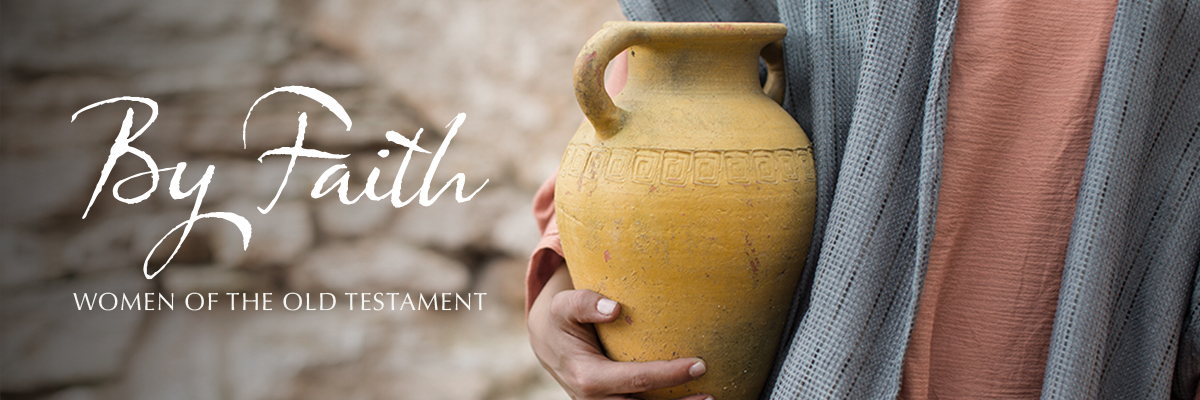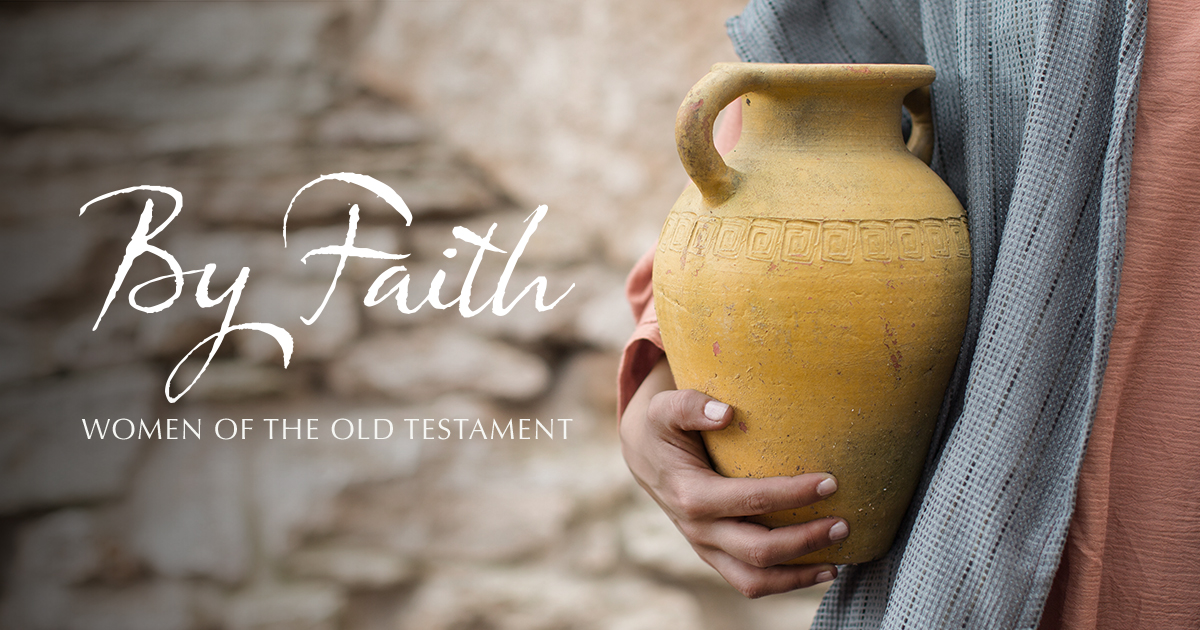

Daily Devotional | Rachel - Caught, Not Taught
- March 22, 2021 | Genesis 31
My dad was a quiet man. His cerebral palsy made speech difficult. Consequently, most of what I learned from him I learned through observation. I absorbed some of his strengths and some of his weakness. From him, I learned tenacity and timidity, discipline and avoidance—none of which were overtly taught. A father’s character has influence on his children.
In Genesis 31, Laban’s sons grew resentful of Jacob’s fortune. The tension between the households escalated so much that Jacob contemplated a move. Relational strain was not the only motivation, however. God told Jacob to return to his fathers’ land (v. 3). To Rachel and Leah, Jacob articulated another frustration. Laban had cheated him repeatedly (v. 7). Only through God’s grace had he prospered. Rachel and Leah responded with their own complaints. The bride price Laban should have saved for them was gone. “Do whatever God has told you,” they said (v. 16). So, Rachel stole Laban’s gods, and the family ran. When Laban pursued and caught them, God told him: “Be careful not to say anything to Jacob, either good or bad” (v. 24). Disregarding God’s warning, Laban leveled a fourfold accusation against Jacob, including a question about stolen gods. When asked, Rachel lied, saying she couldn’t stand up because it was “that” time of the month (v. 35). In turn, Jacob recounted his own poor treatment by Laban.
The men finally made a truce called the Mizpah (v. 49). Although it sounds like a friendly blessing, “May the Lord keep watch between you and me when we are away from each other” (v. 49), it was originally a warning and a declaration of mistrust.
>> Isn’t it sobering how deception, mistrust, and manipulation extended throughout this chosen family of God? We pass on to our children both our good traits and our bad—without even trying. Ultimately, our children learn far more from how they see us live than any “lessons” that might pass through our lips.
Pray with Us
We all know the painful truth that there is no perfect family. Lord, we cling to your grace, trusting you to heal and restore the hurts we inflict on one another. With each wrong we suffer, may you grant us the strength to forgive.






